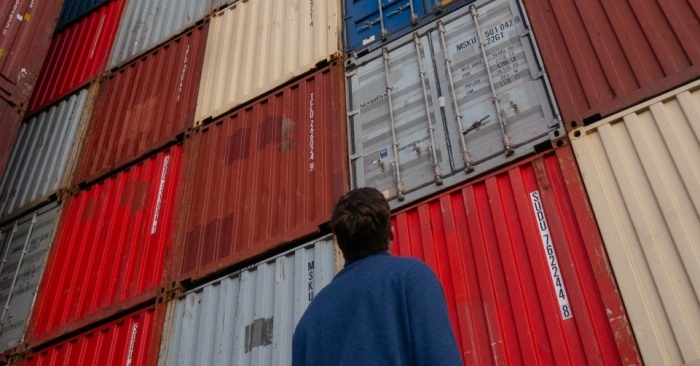India, Australia trade agreement gets operational
India is Australia's sixth-largest trading partner and its fourth-largest export market. Indian exports will benefit from preferential zero-duty market access in Australia for 100% of its tariff lines
India and Australia signed The India-Australia Economic Cooperation and Trade Agreement (Ind-Aus ECTA) on 2 April 2022, which has come into force from today. This development gains significance in light of the fact that India is Australia's sixth-largest trading partner and its fourth-largest export market.
As per a release from the Indian Ministry of Commerce & Industry issued earlier this month, Indian exports are slated to benefit from the preferential zero-duty market access in Australia for 100% of its tariff lines. This is expected to benefit India's labor-intensive sectors such as gems and jewelry, textiles, leather, footwear, furniture, food, agricultural products, engineering products, medical devices, and automobiles.
On the other hand, India has provided preferential access to Australia on over 70% of its tariff lines, which are primarily raw materials and intermediaries such as coal, mineral ores, etc., which are required for India's domestic manufacturing industry.
Under the Australia-India Economic Cooperation and Trade Agreement (ECTA), from today Australian businesses are slated to have greater access to the Indian market and a serious window of opportunity has also opened for Australian exporters to move into an export market valued at over $24 billion in 2021.
From today, tariffs on over 85 percent of Australian exports to India have been eliminated and have been locked at zero. This includes key exports such as wool, lamb, barley, oats, fresh rock lobsters, cosmetics and many metallic ores, critical minerals, non-ferrous metals, and titanium dioxide. Tariffs on a further 5 percent of exports, including macadamia nuts, avocados, berries, seafood, pharmaceuticals, cochlear implants, vitamins, infant formula, breakfast cereals, pasta, sandalwood chips, pumps, and fillers, excavating machinery parts and lifting machinery for mines, are lower today and will be phased down to zero within 6 years.
In addition, Australian producers of premium wine, lentils, almonds, oranges, and strawberries are now receiving significant reductions to high Indian tariffs, as per a press release issued by the Australian Minister for Trade and Tourism, Special Minister of State Senator Don Farrell on Thursday.
Commenting on the development, Farrell said, "Australia and India are natural trading partners – this agreement will unlock the enormous potential in our trading relationship. This agreement reflects the Government's commitment to diversifying exports and strengthening our partnerships. Our manufacturers, processors, and consumers will also benefit from the elimination of tariffs on imports of Indian goods and inputs. ECTA's entry into force today opens up the world's largest democracy, with nearly one and a half billion people, to Australian exporters – early entry into force sees Australian exporters receive a tariff cut today, followed by another on 1 January 2023."
- zero-duty marketsuch as gems and jewelrytextilesleatherfootwearfurniturefoodagricultural productsengineering productsmedical devicesautomobilesraw materialscoalmineral oresmanufacturing industryAustralia-India Economic Cooperation and Trade Agreementexport marketwoollambbarleyoatsfresh rock lobsterscosmeticsmetallic orescritical mineralsnon-ferrous metalstitanium dioxidemacadamia nutsavocadosberriesseafoodpharmaceuticalscochlear implantsvitaminsinfant formulabreakfast cerealspastasandalwood chipspumpsfillersexcavating machinery partslifting machinerywinelentilsalmondsorangesstrawberriesmanufacturersprocessorsconsumerstradingexportersECTAexportimportIndiaAustralia




